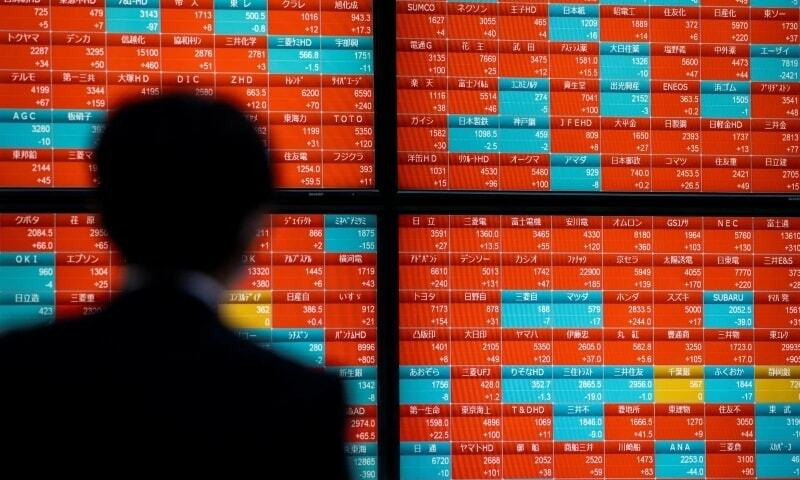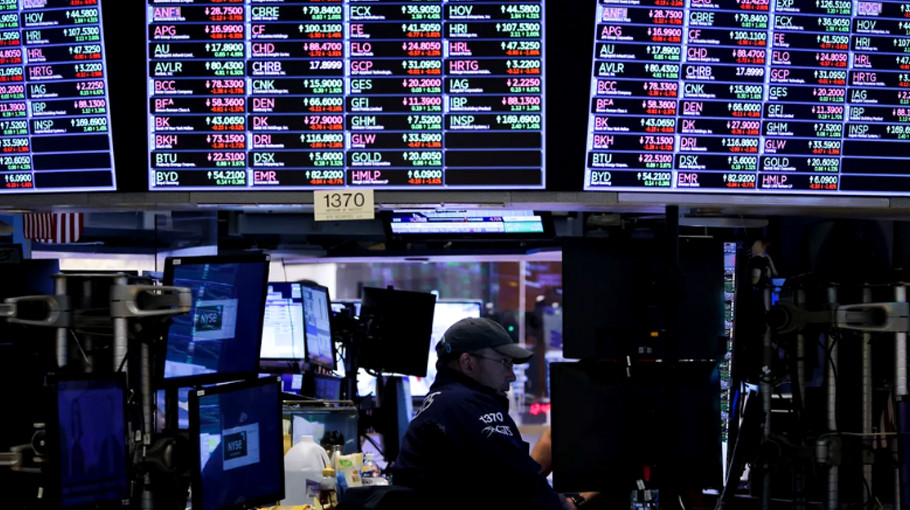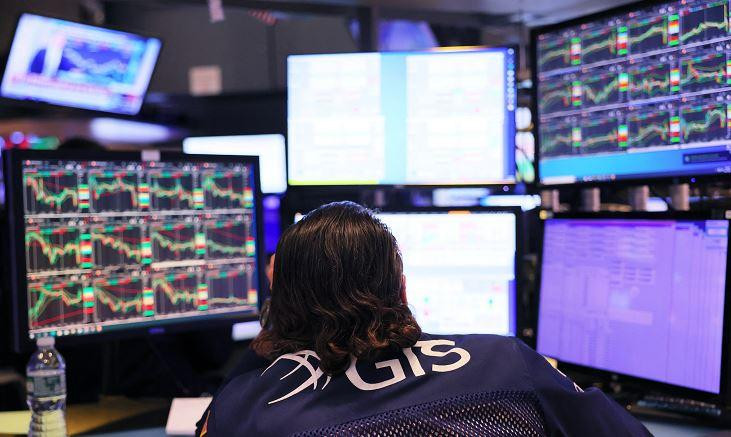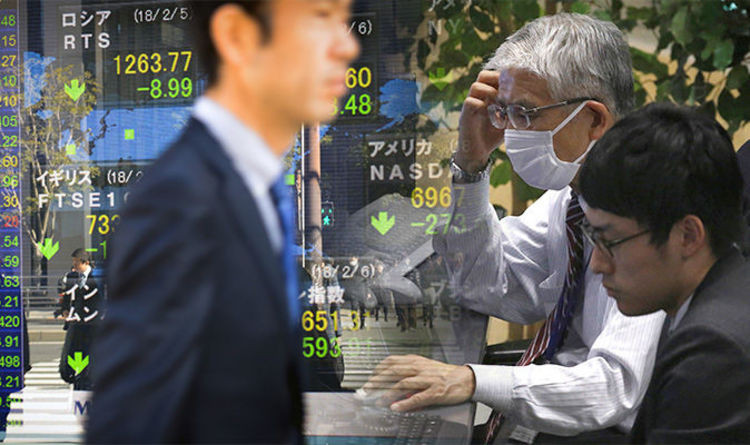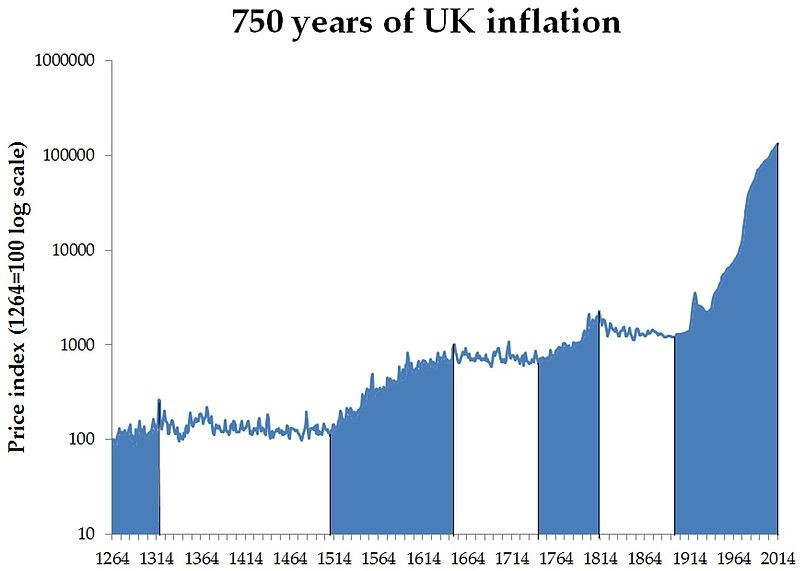Global Markets Plunge Amid Recession Fears and Fed Inaction
The global stock market experienced a severe sell-off on Monday, driven by growing concerns about a potential recession and the Federal Reserve's perceived inaction on interest rates. The Nikkei 225 Index, Japan's benchmark index, plummeted 13.2% for its worst session since the 2011 Fukushima nuclear meltdown, erasing gains made earlier this year.
Japan's Nikkei Suffers Historic Losses
The Nikkei's dramatic decline was attributed to multiple factors, including the Bank of Japan's shift towards policy normalization, the unwinding of yen carry trades, and a worsening economic outlook in the United States. The index's loss of 4,451.28 points was the largest in its history.
Other Asian Markets Also Suffer
South Korea's Kospi index also suffered a sharp drop, falling 8.1% before trading was halted for 20 minutes due to circuit breakers. Australia's ASX 200 index slid nearly 4% for its worst session since June 2022.
US Futures Plunge on Recession Concerns
The sell-off extended to US markets, with S&P 500 futures down by 3% and Nasdaq 100 futures down by 5.7%. The Nasdaq had already entered correction territory last week following an overheated AI rally, and the news of Berkshire Hathaway's Warren Buffett selling off half of his stake in Apple further aggravated the situation for tech stocks.
Yen Carry Trade Unwinds
The Japanese Yen's appreciation has been a significant driver of the market turmoil. The yen has risen more than 2 percent versus the dollar, as investors unwind carry trades, a forex strategy involving borrowing in the yen and investing in higher-yield assets. The Bank of Japan's recent rate hike has made this strategy less attractive, leading to losses for forex traders.
US Recession Fears Intensify
The US bond market is signaling concerns about an impending recession, prompting calls for the Federal Reserve to ease monetary policy aggressively. The market's bet on a recession is fueling a rally in US bonds, with participants raising the specter of a hard landing. Recent negative consumer demand reported by major US companies further strengthens recession fears.
Geopolitical Tensions Add to Market Volatility
Adding to the market's woes, rising geopolitical tensions are exacerbating volatility. Israel is preparing for a possible attack from Iran and Iran-backed militias, in retaliation for recent assassinations of Hezbollah and Hamas leaders. Fears of a regional conflict have prompted the US to deploy additional military might in the Middle East.
Investors Seek Safe Havens
As investors seek safe havens, gold and cryptocurrencies are also experiencing significant volatility. Gold prices have dropped sharply before recovering, while Bitcoin and Ether have both experienced significant losses.
Expert Opinions on Market Outlook
Experts are divided on the market's outlook. Some believe the correction is overdue and necessary, while others warn of a prolonged period of market volatility. Investors are advised to diversify their portfolios and be prepared for potential market risks.
The Road Ahead
The global stock market is facing a challenging period, marked by recession fears, rising interest rates, and geopolitical uncertainties. The outcome of the US Federal Reserve's next meeting and the resolution of geopolitical tensions will be crucial factors in shaping the market's trajectory. Investors need to remain cautious and monitor market developments closely to navigate this turbulent environment.




